People are fed up of middlemen. Specifically, more and more people are sick of banks and other financial institutions.
The Cycle of The Rich Getting Richer
Every time we pay for something, there’s a long list of companies processing it, each one of them taking a cut. This leads to merchants having to raise prices to cover transaction costs.
When we deposit our money in a bank, the bank uses it as their fractional reserve to lend to other people to earn interest, while the interest paid to the actual owner of those funds is way below the rate of inflation. In extreme cases, this can lead to a run on the bank; a phenomenon during which more people try to withdraw money from a bank than the bank actually has, which can collapse whole economies.
This all feeds into the cycle of the rich getting richer and the poor getting poorer, only fuelling this resentment even more.
Meanwhile, on the blockchain side, a lot of the biggest problems have arisen specifically from centralised systems, or individuals acting irresponsibly / for personal gains. In very crude terms, the collapse of FTX was a “run on the exchange”. FTX behaved like banks too often do, using depositors’ funds for their own operations, and when concerns came to light, people found that there wasn’t enough money for everyone to withdraw their funds and this led to a downwards spiral that did not end well for the crypto market!

So Why Not Go Fully DeFi?
Here at Zypto, we are very deeply integrated into the DeFi community. Moreover, I personally am very much in favour of the ideology of a more decentralised system. Emphasis on the word “more” in that previous sentence!
There are some problems with decentralised systems that, I have to say, are generally ignored within the DeFi space. Ignoring practical issues does nothing to advance the cause.
Let’s address some elephants in the room:
Gas Fees
Gas fees are an absolute killer. Here in the European Union at least, nobody expects to pay for bank transfers. Open banking solutions are becoming more and more common. I personally use a system called Bizum very often, which allows for instant transfers just using the recipient’s phone number.
How can we expect people to adopt crypto currencies for day to day usage if they have to pay fees on every transaction that can reach frankly absurd levels, especially in the case of Ethereum.
Transfer Speed
Not only can crypto transfers be expansive, they can also be slow! Bitcoin and Ethereum are definitely too slow to be used at a physical POS terminal, for example.
People are used to near-instant transactions through the card scheme networks. The general public simply are not going to change their behaviour if it is not at least as convenient as what they’re used to.
So. Many. Options.
Choice is a good thing, generally speaking, but in DeFi land, the number of blockchains, coins and tokens is simply mind boggling.
As I mentioned in a previous post about the Crypto Community, people tend to defend one particular blockchain, coin or token very fervently and will generally tell everyone that it is “the future of finance” and will argue with you ad infinitum if you suggest anything else. Bitcoin Maximalists are a case in point. They believe that Bitcoin is THE solution and that EVERYONE should ONLY use Bitcoin.
Having so many options running in parallel means that there are issues with cross-compatibility and also the fact that the value held in assets is rather spread out. Who fixes it, upgrades it or takes responsibility for hacks and such?
Once you launch a decentralised system, it should generally “just work”. If any radical changes can be made to the system as needs arise, then it’s not truly decentralised.
I’m sure the comments will be full of comments about how anything can be done in a decentralised manner, but it’s WAY harder to do than if a certain level of centralisation is maintained.
Why Are Centralised Crypto Systems Popular?
Have you tried to get a new user into DeFi? It’s a nightmare! The user experience is not simple and the learning curve is steep. It’s not hard once you know, but it feels alien and insecure to the uninitiated.
This is one of the main reasons centralised exchanges are so popular. You just download an app, create an account and follow the instructions on the screen to buy your first crypto.
The other main one is the cost of swaps/exchanges. Decentralised exchanges are not cheap… You pay gas fees AND higher swap fees than on a centralised one! I personally use a centralised exchange just about every day for this very reason.
The other big reason centralised systems are popular is that they often have simple ways to move between crypto and fiat currencies built in.
Will Centralised Systems Disappear?
My answer to this question is a tentative “no”, but I should add “at least not yet”.
The current technology and the way the blockchain economy is distributed simply don’t allow for full decentralisation, even if that is what we want to happen.
We believe that the percentage of the world’s wealth that is transmitted over the blockchain will increase over time, massively increasing the proportion that is decentralised as compared to now. However, we also believe that a certain amount of centralisation is key in order to solve certain practical issues.
Where Zypto Sits in All This?
Approaching the challenge of taking crypto payments into the mainstream, we have carefully considered all of the above points and came to the conclusion that our role must be first and foremost as creators of solutions that make crypto as practical as possible.
In order to do this, we simply cannot prefer pure decentralisation over a hybrid approach, we cannot favour one blockchain over others and we must do our best to make it as easy as possible to move funds between all these different networks, including the existing fiat-based system.
Zypto Pay allows merchants to accept payments in practically any cryptocurrency on any blockchain, which users can hold on centralised exchanges or DeFi wallets. It makes no difference to our system. Once the funds are in the merchant’s Zypto Pay account, they can immediately be withdrawn to wherever the merchant likes via the blockchain, or they can be offramped to their bank account as fiat via one of our integrations with 3rd party suppliers.
Our upcoming end-user focused mobile application will leverage all the technology we have already built for Zypto Pay, but will make more extensive use of the closed-loop transfer system, both for P2P transfers and also to pay for goods and services without having to pay for gas fees or wait for blockchain confirmations. The app will also provide access to DeFi wallets and other services for the DeFi community, as well as a host of other useful payment tools such as our prepaid virtual and physical cards.
We are actually going even further than this thanks to our ever-growing network of white label users, but that’s an article for another day.


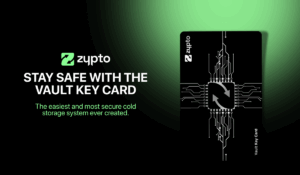





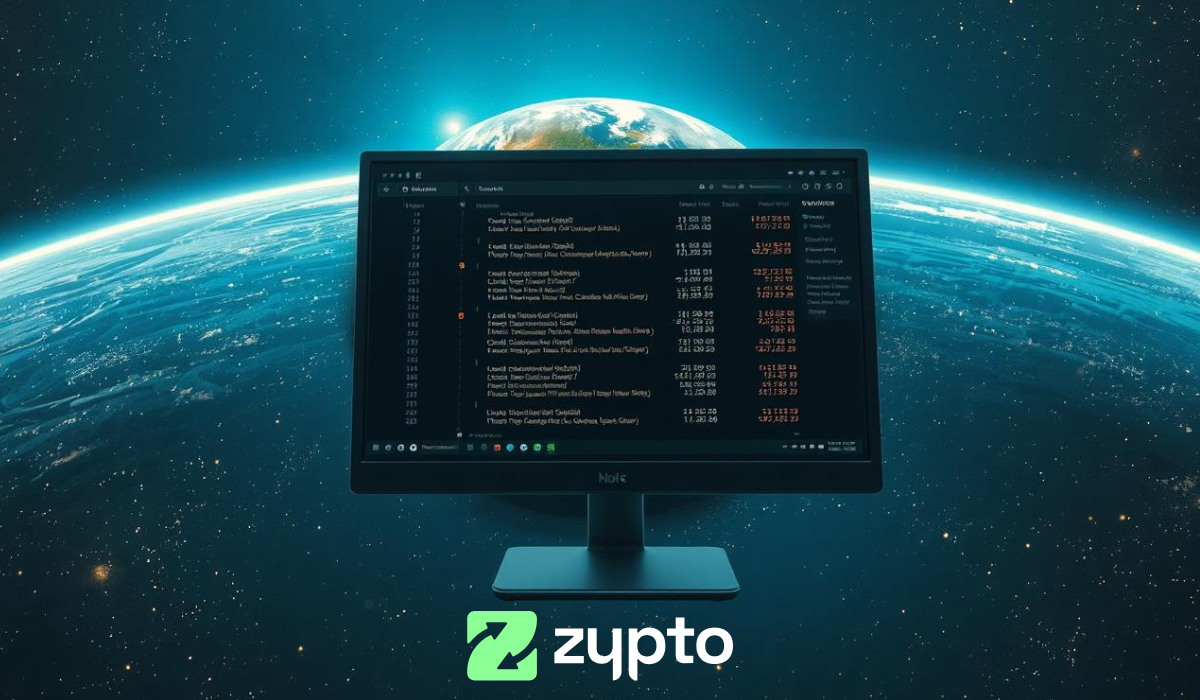


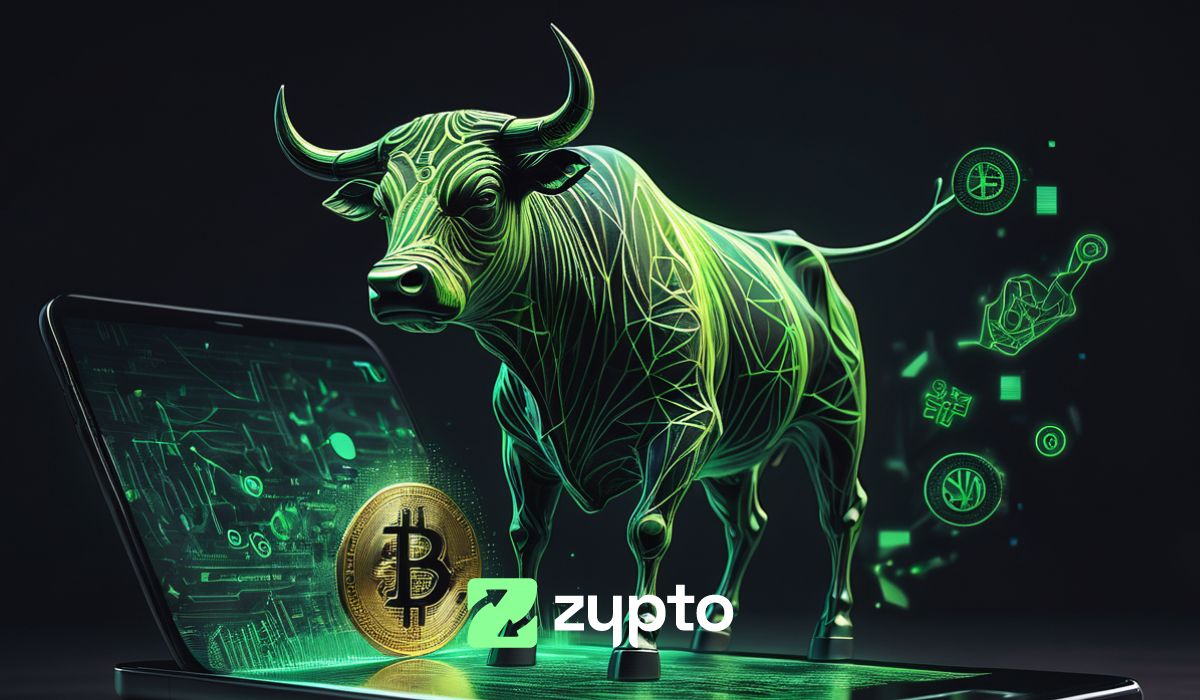






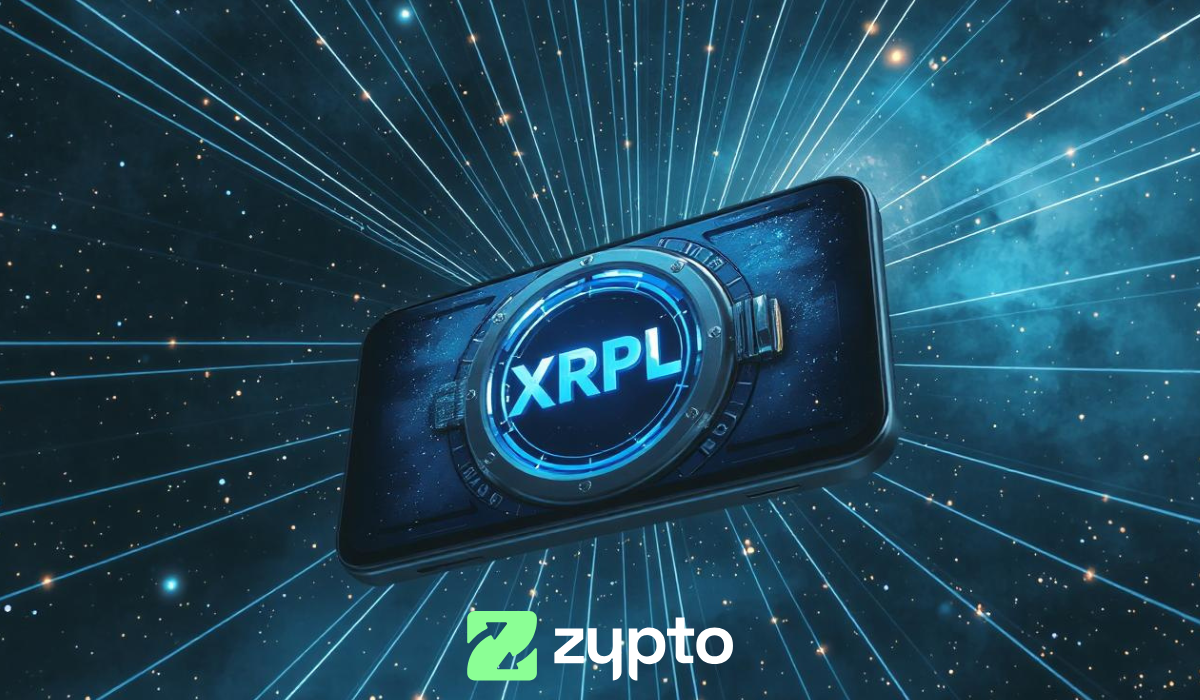



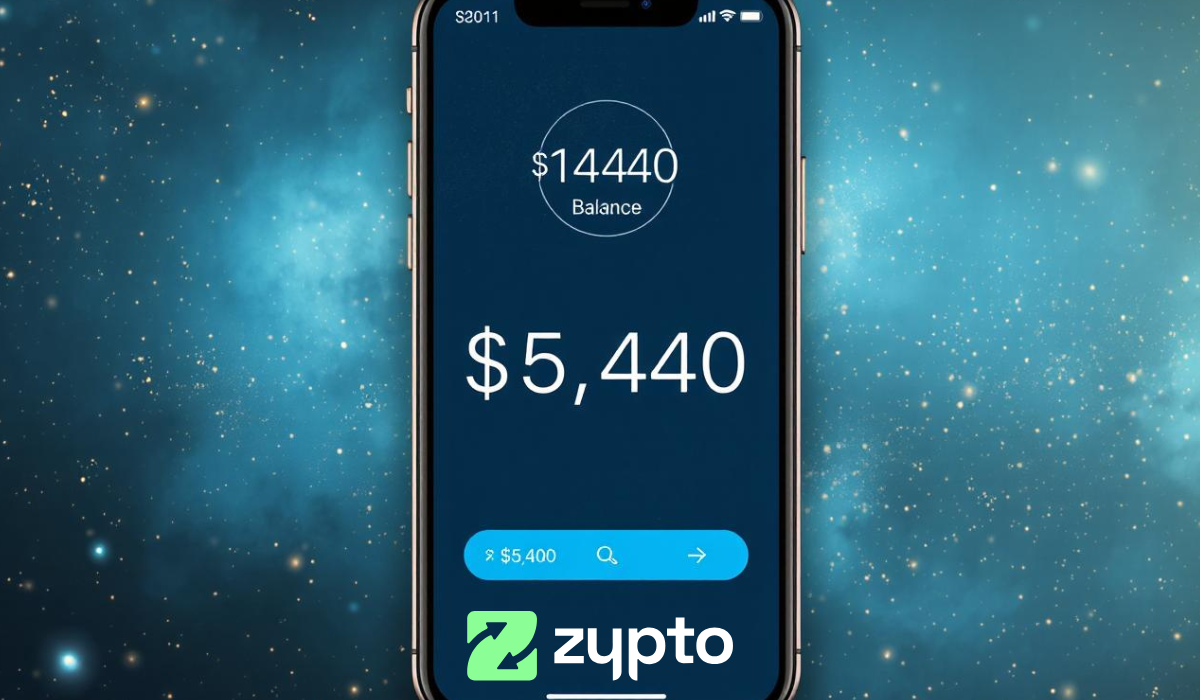








tldr;
The Argument Against Centralization: Embracing DeFi Amidst Practical Challenges
Centralization in financial systems is increasingly criticized for inefficiencies and inequalities. Traditional banks profit from transaction fees and low-interest rates on deposits, perpetuating economic disparities and risking financial crises like bank runs. Similarly, centralized crypto systems, as seen with FTX, have faced issues due to irresponsible practices.
Why DeFi?
Decentralized Finance (DeFi) offers a solution by removing intermediaries, but it has its own set of challenges:
High Gas Fees: Unlike free bank transfers in regions like the EU, crypto transactions often incur significant fees, particularly on networks like Ethereum.
Slow Transfer Speeds: Cryptocurrencies like Bitcoin and Ethereum are too slow for point-of-sale transactions, unlike the near-instant transfers provided by traditional card networks.
Overwhelming Options: The plethora of blockchains and tokens creates compatibility issues and disperses asset value, complicating the user experience.
User Experience: DeFi platforms can be complex for new users, whereas centralized exchanges offer more straightforward, user-friendly interfaces.
Centralization’s Persistence
Centralized crypto systems remain popular due to ease of use, lower fees, and integrated fiat conversion. Complete decentralization is challenging with current technology, necessitating a hybrid approach.
Zypto’s Approach
Zypto bridges the gap by enabling crypto payments across various blockchains and integrating fiat systems. Their platform allows seamless transactions, whether through centralized or DeFi wallets, enhancing usability for both merchants and users. Future developments include a mobile app for gas-free P2P transfers and comprehensive payment tools, ensuring practicality and accessibility in crypto transactions.